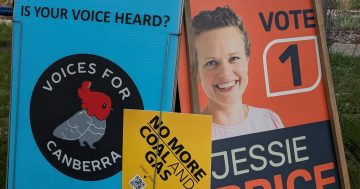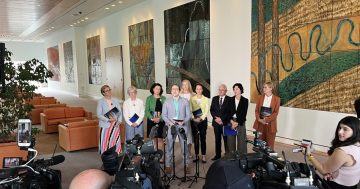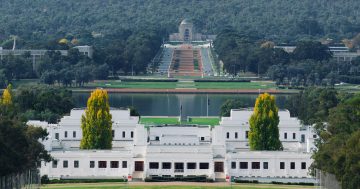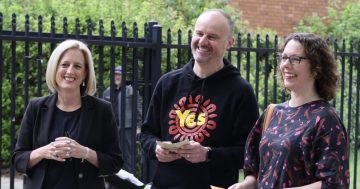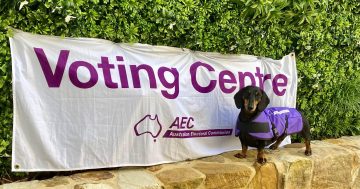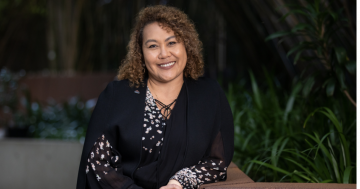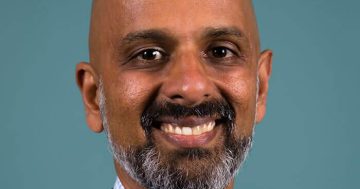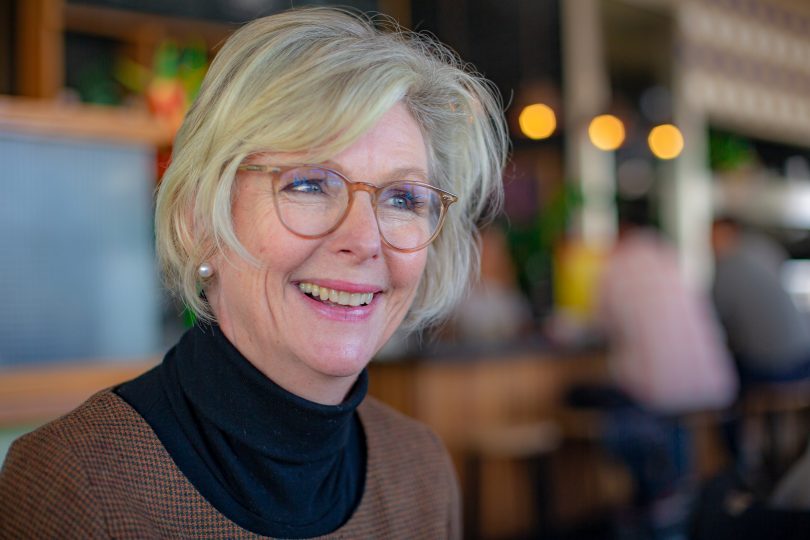
Helen Haines is the second independent Member for Indi. Photo: Supplied.
Complaining about politicians is a favourite Australian pastime, but despite compulsory attendance on Election Day, very few of us are motivated to do anything further.
Amid a plethora of safe regional seats, Indi in northeastern Victoria broke the mould in 2013 when sitting Liberal MP Sophie Mirabella lost out to independent Cathy McGowan after the first Voices for Indi campaign. McGowan retired after two terms, to be replaced by Helen Haines in the first succession of its kind in Australian political history.
Voices for Australia has evolved from the Indi experience, and there are now a number of groups across regional Australia. They include Voices for Riverina, targeting the seat held by Nationals MP and former deputy prime minister Michael McCormack, while there’s also a campaign to oust Federal energy minister Angus Taylor from neighbouring Hume.
Critics say that the groups are largely designed to remove sitting MPs, do not carry the authorisations that are required by the Australian Electoral Commission and are largely critical of federal government policy. However, Voices for Australia points out that the groups are not formally linked and that all campaigns are carried out by individual candidates in compliance with AEC regulations, including funding declarations.
My Public Sector
Voices for Riverina describes itself as “a not-for-profit community organisation, passionate about doing politics differently, with the objective of engaging people within our communities on the issues that are important to them; creating a collective voice that results in a more
Denis Ginnivan worked with Voices for Indi for three campaigns (he’s also Cathy McGowan’s brother-in-law) and stepped down about 18 months ago to develop the Voices For Australia model.
He says it’s a mistake to see Voices for Australia as nothing more than a mechanism for getting rid of sitting Coalition MPs.
“This is much more about improving the quality of our politics,” he says, pointing out that it’s up to individual electorate groups to decide whether they want to support a candidate or develop stronger community engagement with their existing MP.
“We’re not bent on a revolution. We’re just creating an option for people to be heard in a better way.”
That process largely centres around what the Voices For Australia campaign calls ‘kitchen table conversations’, a process refined from the original Indi model where more than 500 people participated in a series of meetings about what they wanted from their political representative.
Voices for Australia meets via phone or Zoom with people when they make contact and talks about the lessons learned from Indi and the conversation process. A facilitator helps participants and a report is written, clarifying what each group wants to achieve and what steps they need to take.
Denis says the groups range from active campaigners to fledglings with no political experience. Many reflect the tree change from the city, and he adds that while there are around four million people in regional Australia, only about 100,000 of them are farmers.
“The National Party is widely perceived as having left the building, and in places like Wagga they’re seen as no longer representative of much of the community, indeed they’re seen as more closely allied with the mining industry”, he says.
“The indicator of whether someone is a decent person and has some power is their voting record in Parliament. It’s about more than being someone nice who helps people across the road when they’re at home in their electorate.”
He thinks there’s been a genuine shift in people’s willingness to enter political conversations and notes that for many in Indi, there’s a strong sense of pride in finding a candidate who was homegrown and representative of the community.
“It’s all about community grassroots campaigns, not top-down party politics,” Denis says.












